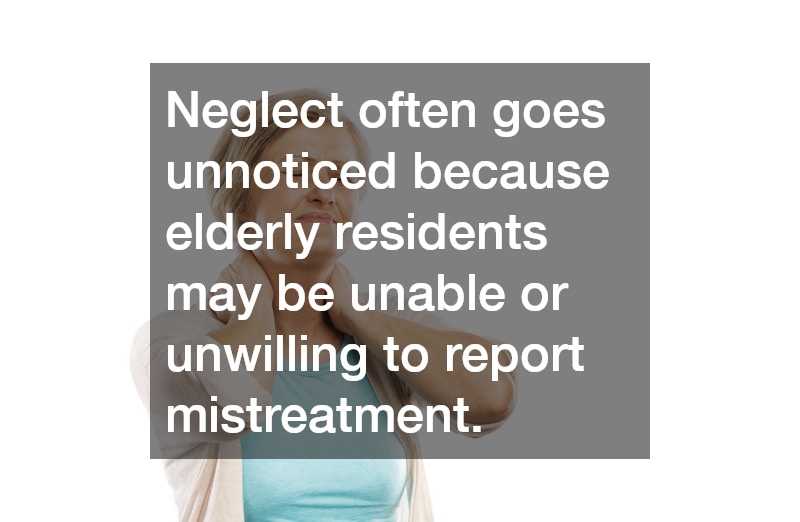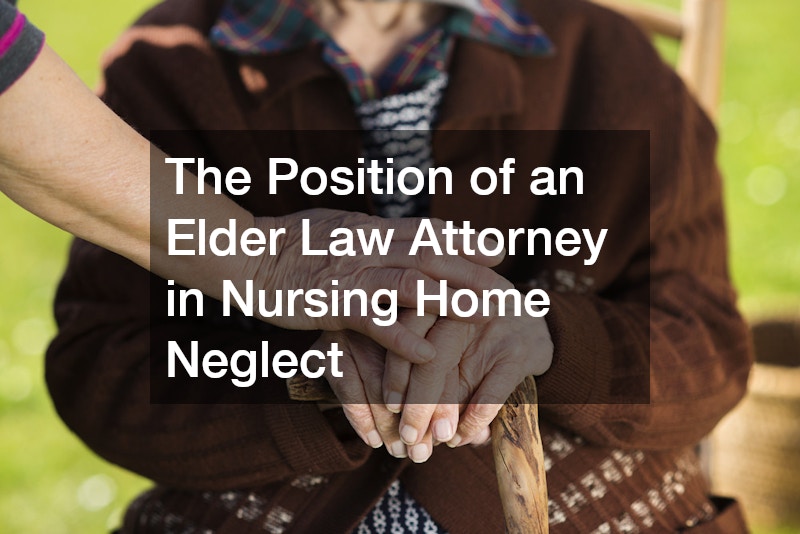As the population ages and life expectancy continues to rise, more families are faced with the difficult decision of placing their loved ones in nursing homes or long-term care facilities. These institutions are meant to provide professional care, safety, and dignity for elderly individuals who can no longer live independently. Unfortunately, cases of nursing home neglect and abuse are far too common, leaving families heartbroken and victims suffering in silence. In such circumstances, the role of an elder law attorney becomes indispensable. These legal professionals not only advocate for justice on behalf of victims but also work to prevent further neglect through education, reform, and accountability.
Understanding Nursing Home Neglect
Nursing home neglect occurs when caregivers fail to meet the basic needs of residents, whether intentionally or unintentionally. Unlike outright abuse, which often involves physical or emotional harm, neglect can be more subtle but equally damaging. Common forms include poor hygiene, malnutrition, dehydration, medication errors, untreated medical conditions, or failure to prevent bedsores and falls. Emotional neglect—such as isolation, lack of stimulation, or indifference from caregivers—can also take a devastating toll on an elderly person’s mental health.
Neglect often goes unnoticed because elderly residents may be unable or unwilling to report mistreatment. Cognitive impairments like dementia or Alzheimer’s disease make it difficult for victims to articulate their suffering, while fear of retaliation from staff may prevent others from speaking up. Families may suspect something is wrong but lack the legal knowledge or resources to take effective action. This is where the expertise of an elder law attorney becomes crucial.
The Role of an Elder Law Attorney
An elder law attorney specializes in legal matters that affect older adults and their families. Their practice often encompasses estate planning, guardianship, Medicaid eligibility, and long-term care planning. However, when it comes to nursing home neglect, their role extends into advocacy, investigation, and litigation.
First, an elder law attorney helps families recognize the signs of neglect and guides them through the process of gathering evidence. This may include obtaining medical records, interviewing witnesses, and reviewing facility inspection reports. They understand the complex web of federal and state regulations that govern nursing homes, including the Nursing Home Reform Act, which sets forth residents’ rights and standards of care.
Once sufficient evidence is collected, the attorney can help the family file a formal complaint with the appropriate regulatory agencies or pursue a civil lawsuit against the facility. In many cases, these lawsuits seek compensation for medical expenses, pain and suffering, and in the most tragic situations, wrongful death. Beyond monetary damages, such legal actions hold negligent facilities accountable and serve as a deterrent to others.
Advocacy Beyond the Courtroom
An effective elder law attorney does not limit their work to litigation alone. Many take an active role in public advocacy, pushing for stronger laws, improved oversight, and higher standards in long-term care. They may collaborate with advocacy organizations, attend legislative hearings, or educate the public on elder rights. By doing so, they help shape a more just system where seniors receive the respect and care they deserve.
Moreover, elder law attorneys often work closely with families before a crisis occurs. They advise clients on how to select reputable nursing homes, understand contracts, and ensure proper documentation of care plans. By empowering families with knowledge and preparation, attorneys help reduce the likelihood of neglect from the outset.
Challenges in Pursuing Nursing Home Neglect Cases
While the legal system provides mechanisms for holding negligent parties accountable, these cases can be challenging to prove. Nursing homes are often backed by large corporations with extensive legal resources. Evidence may be obscured, records altered, or witnesses intimidated. Additionally, proving that harm resulted directly from neglect rather than an existing medical condition can be difficult, especially for frail or chronically ill residents.
An experienced elder law attorney understands these challenges and knows how to overcome them. They can enlist medical experts, investigators, and other professionals to build a strong case. Their knowledge of both elder care regulations and personal injury law allows them to navigate these complexities effectively. Most importantly, they provide families with compassionate guidance during a time of distress, ensuring that the rights and dignity of their loved ones are protected.
Conclusion
As society continues to grapple with the challenges of an aging population, the demand for skilled and compassionate elder law attorneys will only grow. By standing at the intersection of law, healthcare, and human rights, these professionals play an essential role in protecting some of the most vulnerable members of our communities. Through their work, they remind us that justice and compassion should never grow old.




